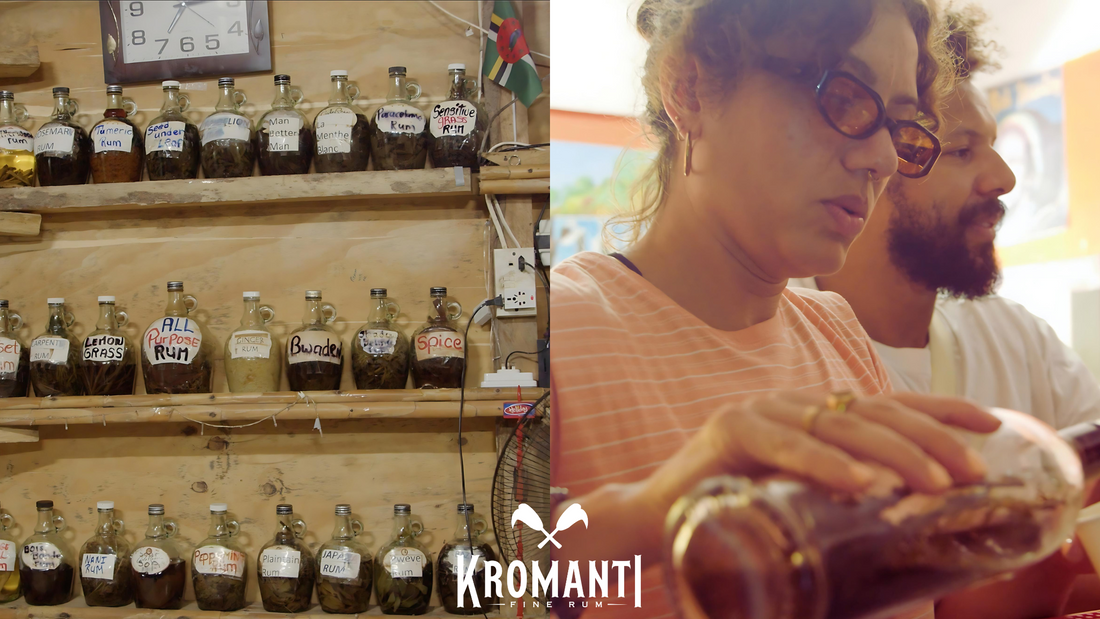You may have already seen them. Small wooden shelters with a few tables outside with locals slamming dominoes onto the simple home-made tables. Some people call them Rum Shacks, many people call them Rum Shops. Either way, they are the life and centre of village life and certainly not a place to pass by.
A CARIBBEAN INSTITUTION - IF YOU CHOOSE TO STOP BY
Local people regard the rum shops as a place to gather and catch up or exchange news about the community. If you pay a visit you will be gaining an insight into a tropical lifestyle that many visitors don’t ever see. From a farmer to a member of parliament, you never know who you will be mixing with as you sip your drinks. The Rum shop is the essence of the tropical lifestyle and preserving the culture of these shops is important as they are one of the hidden Caribbean gems.
UNCOMMON CARIBBEAN
Once inside, you will only have three options, to eat, to drink or to play dominoes. Some shops serve food to go with the drinks but perhaps the most famous activity taking pace in the rum shops, and the one which truly captures the unique essence of a tropical lifestyle, is dominoes. Not the more sedate version practiced by those in their autumn years, but the incredibly boisterous and noisy versions which take place at the tables. Watch the locals play and you won’t be able to resist joining in, especially if you can play while you fire a few delicious rums.
HERBAL REMEDIES?
On the surface, rum shops are spots for relaxation and connecting, but they also perform other functions in the community. Across the Caribbean, the practice of infusing alcohol with other ingredients began as a way of making herbal medicines and these shops and their keepers were often involved in providing these local remedies alongside the entertainment. Infused drinks could be served before eating (an aperitif) to set up the appetite; or after the meal to help what has already been consumed (a digestif). I like to think of this as Rum Herbalism.
SPIRIT INFUSIONS
Rum as a drink with its heritage in the Caribbean has a long history of being flavoured by soaking local ingredients such as fruits, herbs, spices, flowers, roots and barks. This process is known as ‘Tincturing’ and many families and communities developed their own blends and were held as family secrets passed on by word of mouth; some of which have now been lost. On one of my first visits to a Rum shop I was greeted with a line of repurposed bottles containing rum and various local herbs. The owner, Julietta was her name, would choose the rum you needed by looking at you and pour it into your glass. My drink had an aniseed tasting herb known on the nature isle of Dominica, as Nani. Many years later, I find myself wishing I had asked her what she saw (the diagnosis) that promoted the selection.
RECREATING YOUR OWN TROPICAL LIFESTYLE
Rum shops occupy an important place in the tropical lifestyle, and as I have said earlier, they are a hidden Caribbean gem. If you want to gain a deeper insight into the uncommon Caribbean, then don’t pass them by. One of the disappearing skills is the traditional art of herbal infusions in Rum that as you can see have a more serious origins. Today, the resurgent interest in cocktail infusions is creating interesting and flavoursome cocktail creations that link to the drink to the ‘place and the person’ who is making them for you.
The choice of fruits, herbs or spices is part of the interaction between the server and the drinker that is a powerful way to engage and communicate.
COMMENTS
Please share your thoughts in the comment section below, as my aim is to educate and inform my readers about this wonderful and versatile liquid.
